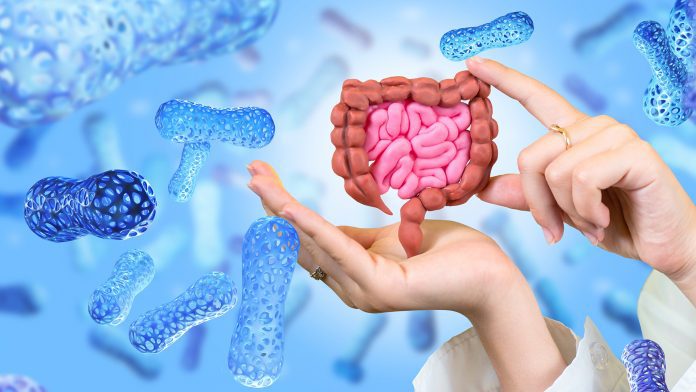
Our complete guide to gut microbiota and the human microbiome details essential information to help optimise your gut health.
Gut microbiota and the human microbiome are two terms that have become increasingly popular in recent years as researchers gain a better understanding of their importance to our health. Recent research has shown how much these microorganisms can influence our overall wellbeing.
The human body is home to trillions of bacteria, viruses, fungi, and other microscopic organisms known collectively as the human microbiome. They comprise about 3% of a person’s body weight and inhabit every surface area, from the skin to organs like the digestive tract. The microbes living within this environment form complex networks, which are essential in maintaining balance throughout our bodies.
Research suggests that changes in the composition of these microbial communities can lead to both positive and negative consequences for individuals’ health. Understanding more about gut microbiota and its relationship with the greater human microbiome could help unlock many mysteries surrounding why some people remain healthy while others suffer from chronic illnesses or diseases.
In addition to providing insights into preventative healthcare strategies, knowledge gained through further exploration may also provide new treatment options for existing conditions. This article takes an in-depth look at what exactly gut microbiota and the human microbiome are and explores their implications for our physical, mental, and emotional health.
What are microbes?
Microbes are omnipresent in our environment and make up the majority of life on Earth. It is estimated that there are approximately five nonillion microbes, which is five billion trillion or fifty thousand billion billion (5 x 10^30). Microbes include bacteria, fungi, protozoa and viruses. They can be found everywhere – from soil to water to air – and within animals and plants, including humans.
Defining microorganisms starts with understanding the microbial definition. A microbe is any organism too small to be seen by the naked eye, but they all have one thing in common: they are single-celled organisms. Bacteria are the most abundant type of microorganism; however, other types, such as archaea, fungi, protists, and viruses, also exist in large numbers.
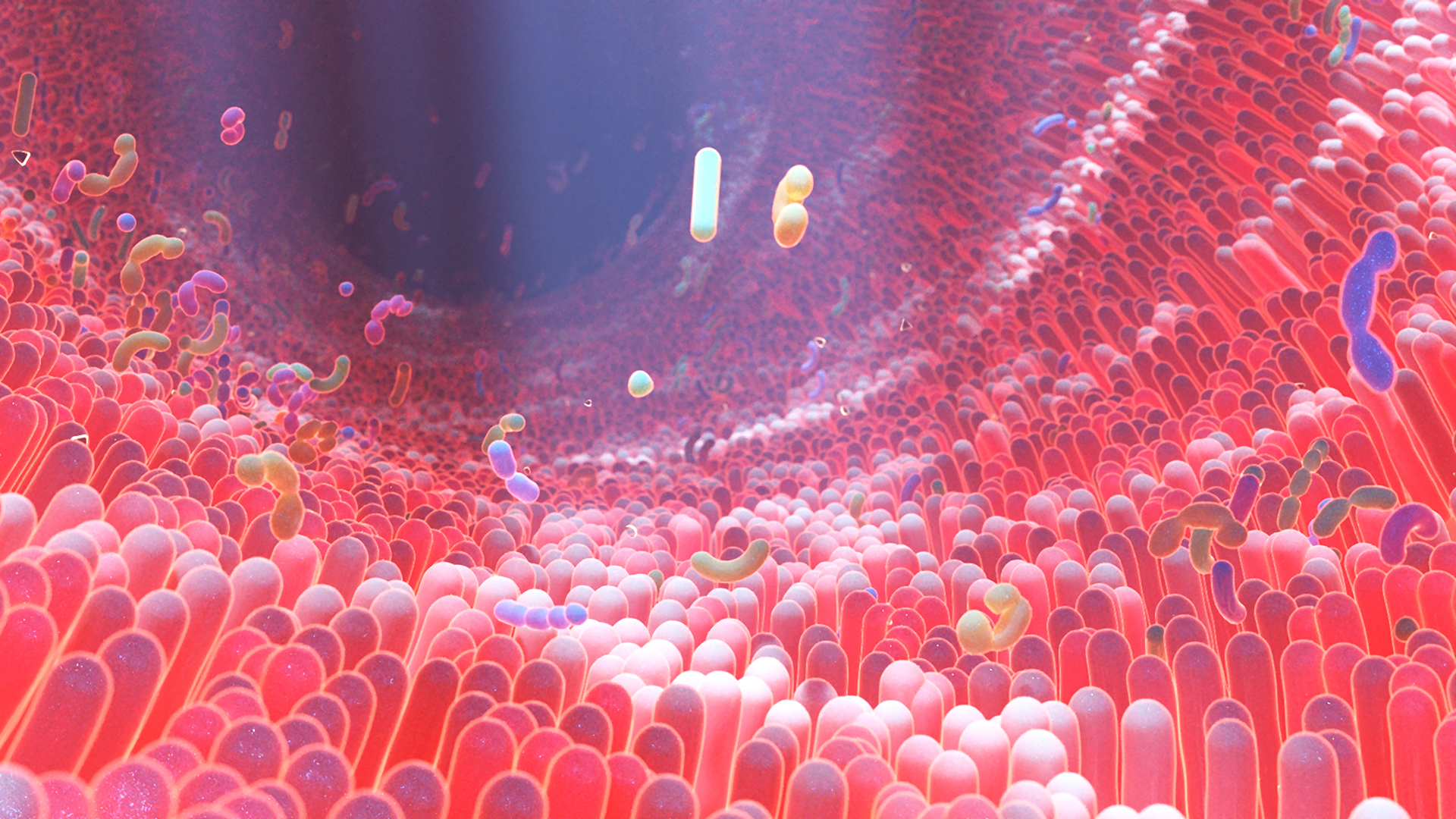
Additionally, it is important to note that some microbes live freely whereas others form symbiotic relationships with larger organisms like us humans! Microbiota refers to a group of living microorganisms within an environment, while microbiome describes the collective genetic material associated with these microorganisms. Together, these two terms define the communities of microscopic organisms present in a particular habitat or environment – for example, the human body.
The term ‘gut microbiota’ specifically refers to the collection of microbial species residing in our gastrointestinal tract, known as intestinal flora or gut flora. These species help regulate various processes related to digestion and immunity while providing essential nutrients needed for survival. The composition of this community varies significantly among individuals based on many factors such as age, diet, lifestyle etc., making each individual’s microbiota distinctively unique. Similarly, the human microbiome comprises diverse bacterial populations along with Archaea inhabiting different body parts, such as the skin, mouth and respiratory tract, apart from the gut microbiome itself. These play key roles in maintaining homeostasis and influencing overall health status by modulating metabolism , neurological development, and immune response.
Types of microbes in the gut
The number and diversity of gut microorganisms vary depending on diet and lifestyle habits but generally consist of around 400-1000 microbial species belonging to over 20 phyla. While some bacteria may negatively impact health, many are beneficial for digestion and overall wellbeing by providing essential nutrients like vitamins B12 and K2 and helping support immune function. Additionally, these microbes help break down otherwise indigestible components from foods like fibre into short-chain fatty acids that can be absorbed by our bodies for energy production. Moreover, they produce compounds such as lactic acid and bacteriocins that act as natural antibiotics against harmful pathogens.
Gut organisms continuously change based on environmental factors, including diet, medications, hygiene habits, and stress levels, highlighting how microbiome composition can positively and negatively affect human health. It is therefore important to understand their roles more to gain insight into diseases associated with altered microbial balance in the intestine, such as irritable bowel syndrome (IBS) or inflammatory bowel disease (IBD). With this knowledge, we can explore strategies for maintaining healthy populations of these microbes through dietary changes or targeted probiotic supplementation when needed.
Role of microbes in human health
Gut bacteria are known to influence both microbiota composition as well as the diversity of the microbiome. A healthy balance between these two elements is essential for the proper functioning of the gastrointestinal tract. In particular, commensal gut bacteria aid in digestion by breaking down complex carbohydrates into simple molecules that can be absorbed more easily. Furthermore, they produce metabolites from dietary components such as fibre which promote the growth and development of beneficial species within the microbiome.
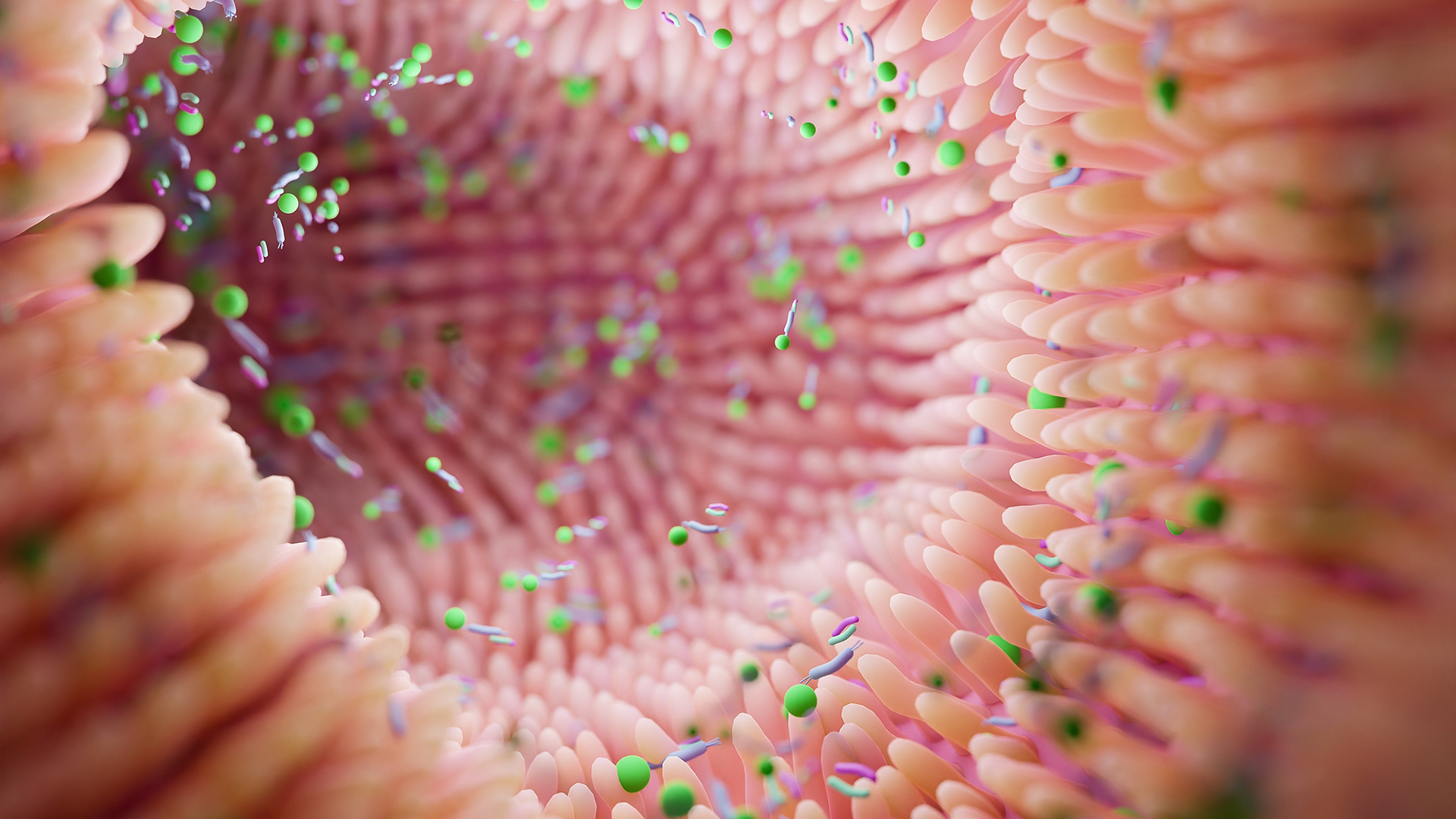
The importance of gut bacteria on human health cannot be overstated; it is believed to regulate not only physical but also mental functions due to its impact on metabolic processes and neurotransmitter production. Studies have shown variation in bacterial presence depending on age and diet, indicating that lifestyle factors may significantly affect the microbial composition and should therefore be considered when assessing an individual’s overall wellbeing.
Factors influencing the microbial composition
Dietary diversity is known to affect the bacteria present in the gut. For example, diets containing high amounts of processed foods tend to be associated with less diverse bacterial populations than those that include plant-based whole foods. Exercise patterns can also influence microbial populations; studies suggest that active individuals show higher levels of beneficial microbes than those who lead sedentary lifestyles. Furthermore, age-related changes in the gut microbiota occur as people grow older – young children often display a greater variety of bacteria, while elderly adults may have fewer varieties due to chronic health conditions or lifestyle habits.

Environmental exposure has been shown to play an important role in shaping the human microbiome: interacting with different bacterial species can alter which ones inhabit our bodies. Finally, antibiotics usage can affect both pathogenic and beneficial bacteria in the gut, so doctors typically advise patients not to take antibiotics unless absolutely necessary.
These factors demonstrate how complex interactions between environment, diet, and lifestyle shape our body’s internal ecosystem – ultimately leading to a healthy or unhealthy microbiome profile.
Benefits of a healthy microbiome
The benefits of a healthy microbiome are many and far-reaching. A study conducted by the Harvard Medical School revealed that having higher diversity in gut bacteria was linked to better overall health outcomes, including reduced risk of obesity, heart disease, and even certain types of cancer. This is just one example of how microbial composition can profoundly affect our wellbeing. Probiotic supplementation has been found to be beneficial for boosting the diversity of gut microbiota and improving digestive function.
Gut health benefits extend beyond improved digestion; research suggests that probiotics can help maintain a balanced immune system, reduce inflammation, and improve mental health conditions such as anxiety and depression. An increase in microbiome diversity has also been associated with lower levels of chronic diseases like type 2 diabetes and metabolic syndrome. Furthermore, maintaining a diverse microbe population may protect us from developing food sensitivities or allergies.
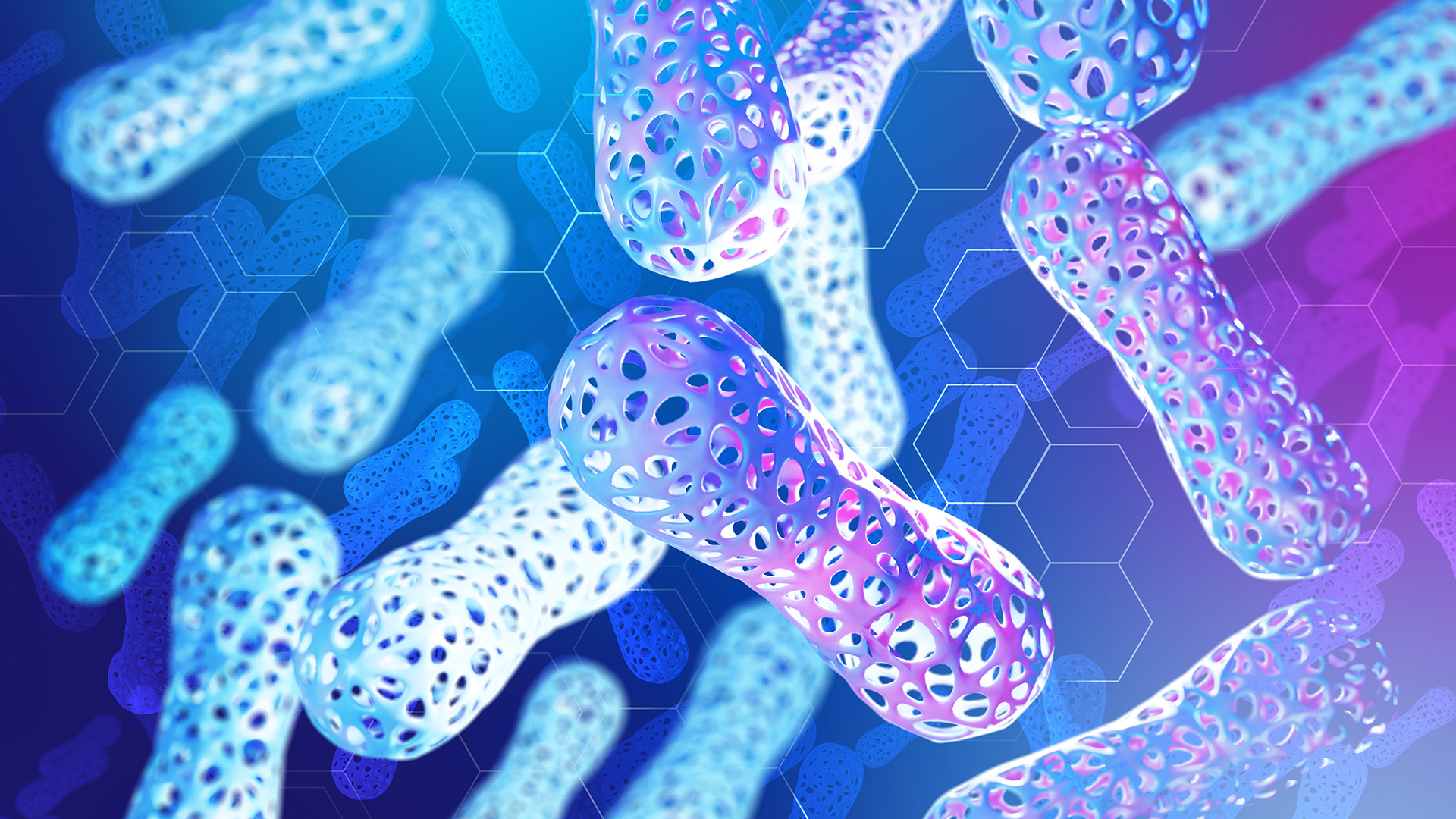
How to maintain a healthy gut microbiome
Certain nutrition and lifestyle habits need to be adopted to support healthy microbiome function. Eating a diet full of probiotic foods such as yoghurt, kimchi, pickles, kefir, sauerkraut, and miso is beneficial for gut flora maintenance. Fibre-rich foods like legumes, fruits and vegetables are also recommended for maintaining the balance between good and bad bacteria in the gut microbiome. Additionally, regular physical activity helps improve blood flow throughout the body, which can help promote optimal digestive health.
Eliminating sugary drinks, processed meats, and other unhealthy food choices from one’s diet is important for supporting microbiome health maintenance. Excessive consumption of alcohol should also be avoided since it disrupts the delicate balance of microbes in the intestine by reducing their abundance and diversity. Stress management techniques such as mindfulness meditation or yoga can also be helpful in alleviating stress levels which negatively impact microbe populations in the intestines. Considering all these factors assists with attaining an optimal level of microbial diversity necessary for overall wellbeing.
Diseases linked to gut microbiota imbalances
A recent study found that mice with altered gut microbiota had significantly higher rates of IBD than those with a healthy balance. This illustrates how important the human microbiome is and how easily its delicate equilibrium can be disrupted.
The consequences of such disruption are vast and varied, often leading to metabolic syndrome, chronic fatigue syndrome, autism spectrum disorder, autoimmune disorders and other illnesses. In particular, research has shown links between changes in the composition of the gut microbiota and obesity levels in humans. This suggests that maintaining a balanced microbial population may promote health and reduce disease risk.
In addition to these findings, there is growing evidence that certain strains of bacteria can influence our behaviour in ways we do not yet fully understand. For example, some studies have suggested that microorganisms play a role in modulating mood states – from relieving stress to improving sleep quality – by interacting with the immune system or releasing neurotransmitters directly into the brain.
How diet impacts the gut microbiota
The impact of diet on the gut microbiota and the human microbiome has been extensively studied. Research indicates that dietary choices can affect microbial composition, diversity, and stability within the gut. Several factors may be responsible for this change in the microbiota, including macronutrients, micronutrients, bioactive compounds, and prebiotics or probiotic supplements.
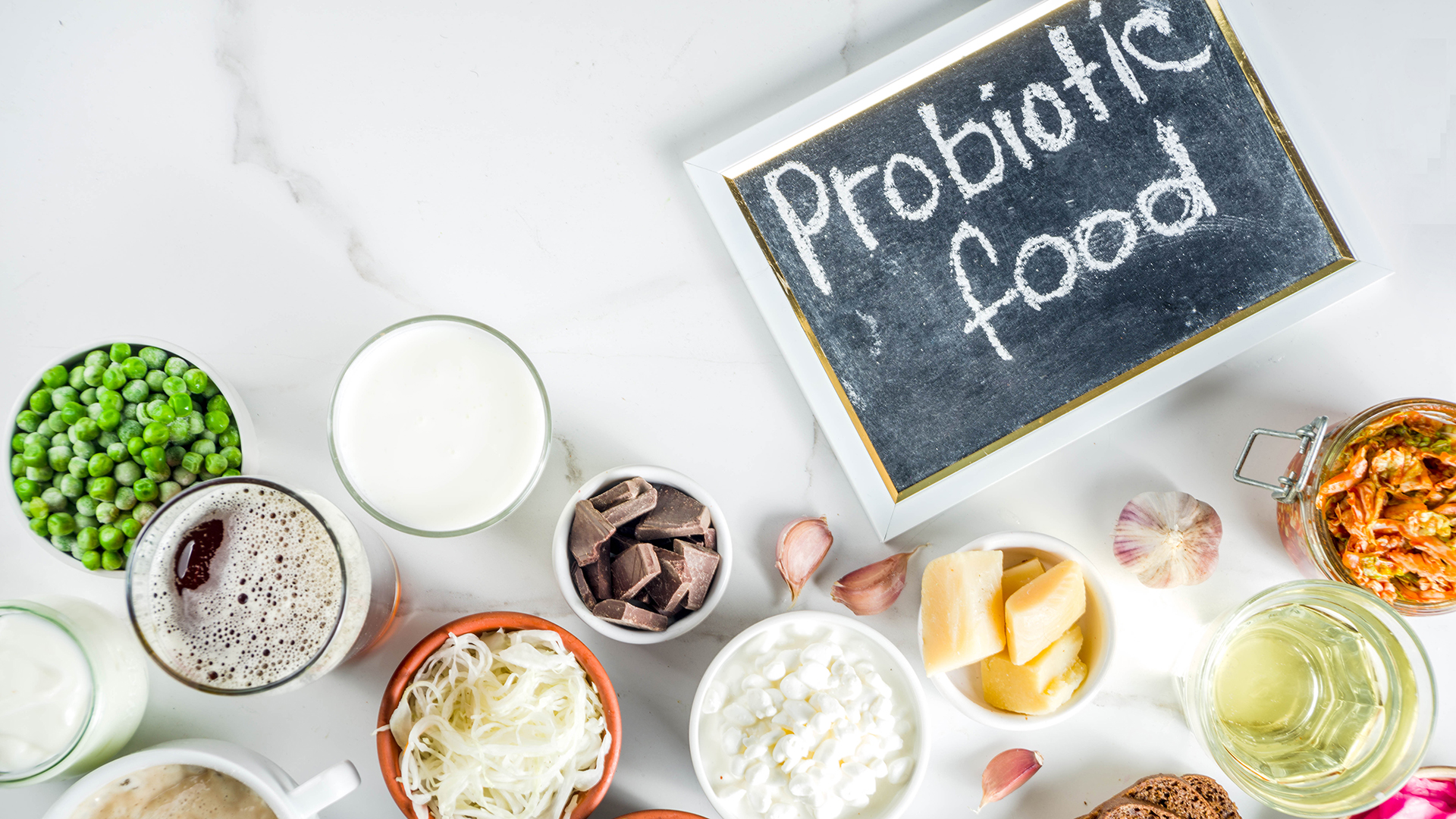
Firstly, diets high in fat and low in fibre are associated with a decrease in microbial diversity due to an increase in the firmicutes-to-Bacteroides ratio. Conversely, diets rich in plant-based foods provide more diverse types of fibres, which promote beneficial bacteria such as Bacteroides and Akkermansia muciniphila. Additionally, omega-3 fatty acids have beneficial anti-inflammatory effects on humans and their gut microbiomes.
Secondly, some studies suggest that different kinds of carbohydrates can also influence the gut’s bacterial composition by selectively promoting certain species over others. For example, complex carbs like resistant starches might favour a greater abundance of Bifidobacteria, while simple sugars tend to encourage growth among other genera. Finally, food additives known as emulsifiers have recently been linked to changes in microbial populations found within the intestine due to their ability to alter their environment.
Benefits of probiotic and prebiotic supplements
Probiotic supplements and prebiotics are increasingly used to restore the balance of bacteria in the gut microbiota. Probiotics are live organisms that, when consumed, may provide health benefits by altering or improving the microbiome environment within the intestines. Prebiotics are non-digestible carbohydrates that serve as food for beneficial bacteria in the gut, allowing them to multiply and thrive. Both probiotic supplements and prebiotics have been found to have a range of potential benefits, including improved digestion, better absorption of nutrients, prevention of infectious diseases, protection against allergies, reduction of inflammation and even weight loss.
However, there can also be side effects, such as bloating and gas from an imbalance between good and bad bacteria in the gut, so it is important to consult your doctor before starting any supplementation programme. Additionally, prebiotic foods should not be taken in large amounts if you suffer from digestive issues, as they can cause discomforts, such as intestinal cramping and diarrhoea.
When considering whether or not to take probiotic supplements or consume prebiotic foods, it is important to remember that both play an essential role in maintaining healthy gut flora. The combination of these two elements could potentially bring multiple advantages, but individual results will vary depending on lifestyle factors such as diet and exercise habits.
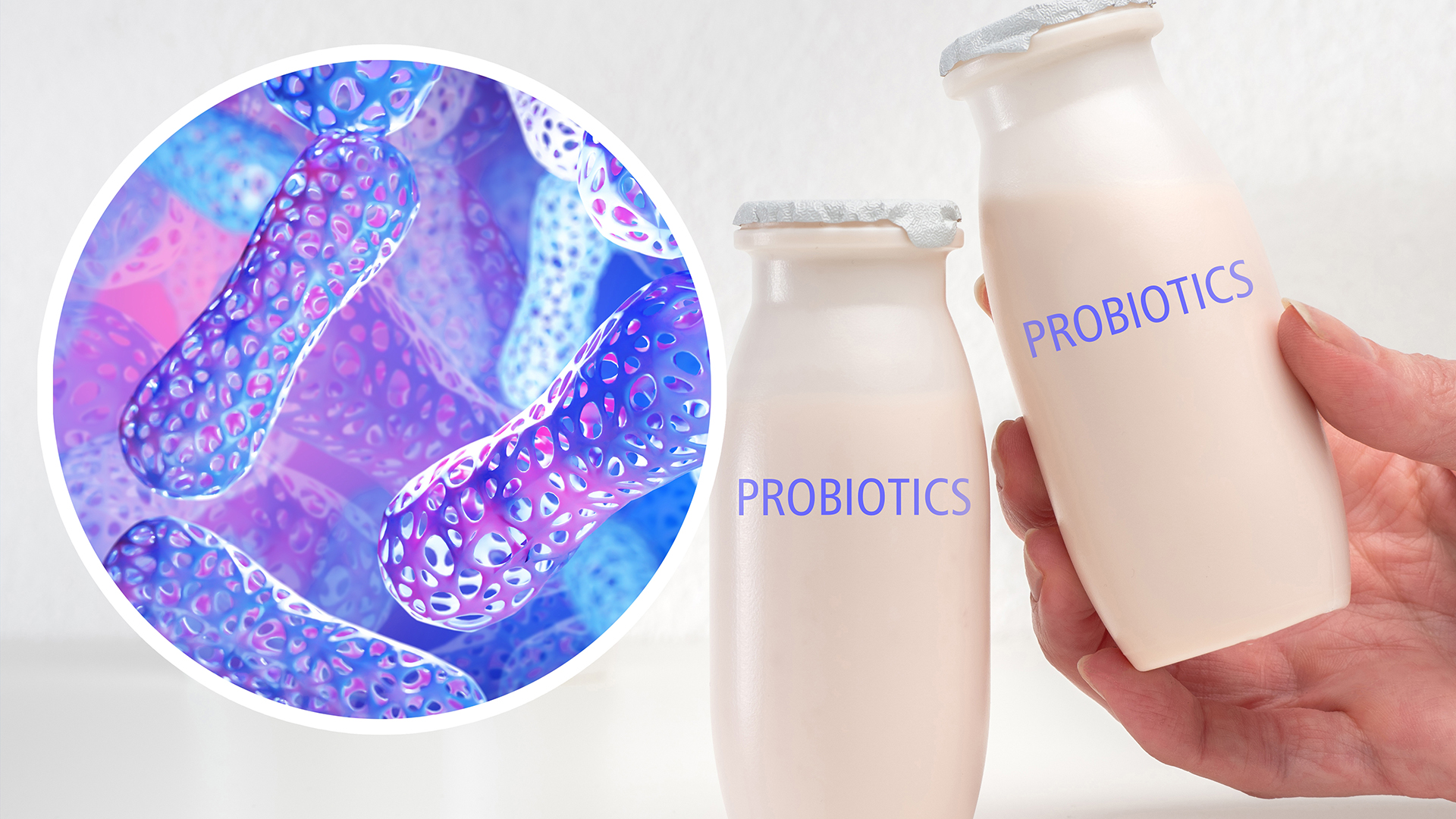
How antibiotics disrupt gut flora
Antibiotics can disrupt the balance in the gut flora by reducing or eliminating certain species of bacteria present. This disruption may lead to decreased absorption of nutrients, increased susceptibility to infection, overgrowth of pathogenic bacteria, and antibiotic resistance.
Studies have shown that antibiotics are capable of causing significant changes to the bacterial population within the gut microbiome. The most notable effects include decreased beneficial bacteria such as Bifidobacterium spp., Lactobacillus spp., and the Eubacterium rectale-Clostridium coccoides group. Additionally, antibiotics tend to reduce diversity within microbial communities, impacting their ability to perform essential functions for human health.
Furthermore, long-term use of antibiotics has been linked with dysbiosis, which is defined as an imbalance between harmful and beneficial microbes in the body leading to further complications. These findings suggest that it is necessary to find new ways to control infections while avoiding unintended consequences on the composition of the intestinal microbiomes if we want to maintain good health. Without proper care when using antibiotics, it can lead to severe disruptions in gut microbiota populations that could be detrimental to our body’s long-term wellbeing.

Stress and its effect on the gut microbiome
Stress is a significant factor in the composition and balance of gut microbiota. Studies have shown that chronic stress can significantly decrease microbial diversity, leading to imbalances in bacterial populations. This imbalance has been linked to numerous health conditions, such as anxiety, depression, obesity and metabolic syndrome. The effects of stress on the microbiome may be further exacerbated by unhealthy diets or lifestyle changes associated with stressful events. For example, when people are stressed, they often resort to eating an unhealthy diet which can lead to disruptions in the normal gut flora.
The disruption of gut bacteria due to stress can cause inflammation, increased intestinal permeability, and decreased immunity which can result in a variety of symptoms, including diarrhoea, bloating and abdominal pain. It is important for people who experience chronic stress to seek out ways to reduce their psychological distress so as not only to improve their overall wellbeing but also to help restore balance within their microbiome.
Faecal transplants for restoring balance
Promoting probiotics and prebiotics to preserve the microbial balance in the human gut is paramount. Faecal transplants are an increasingly popular approach for restoring this equilibrium within the microbiome. These processes involve transferring microbes from a healthy donor’s faeces into a recipient’s digestive system, usually through enemas or pills. This method of replenishing beneficial bacteria has been used to treat infection by Clostridium difficile (C. diff), irritable bowel syndrome, obesity, type 2 diabetes, autism, IBD, anxiety, depression and other conditions resulting from dysbiosis-induced imbalances in the intestine.
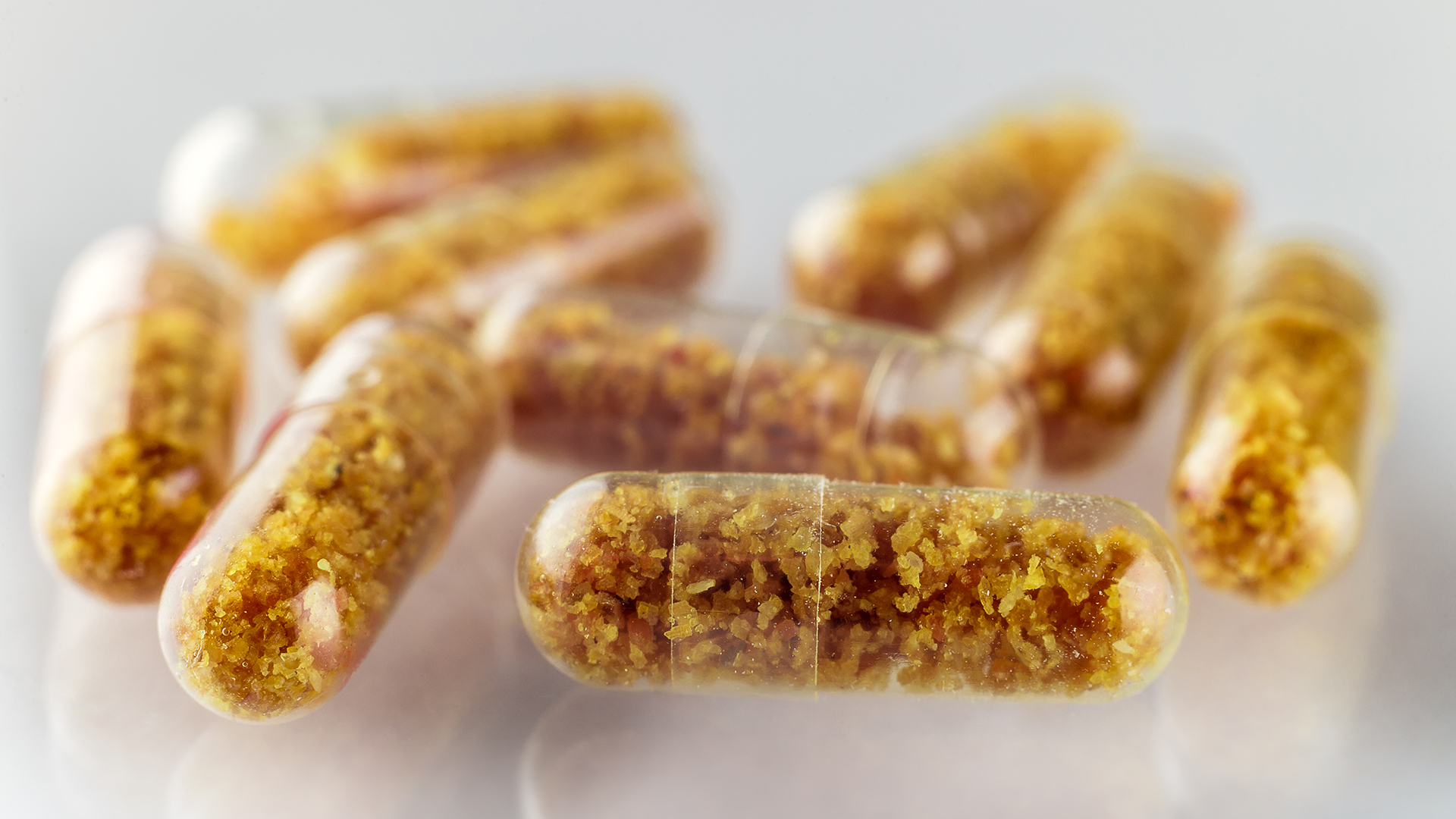
As faecal transplantation can address numerous issues related to gut health, it has become an important option for improving overall wellness and immunity. Moreover, research continues on how best to select donors and optimise protocols so that they are safe and effective. With these efforts underway to better understand how various elements of bacterial diversity affect both physical and mental health outcomes, humans will be able to gain greater control over their own microbiomes with more accuracy than ever before. Building upon this knowledge base, big data analytics and machine learning algorithms can further unlock secrets about the composition of our gut flora which may lead to even more targeted treatments of diseases associated with dysbiosis while also providing insight into potential new therapies.
How Big Data, Machine Learning, and AI can unlock secrets of the human gut flora
Big data, machine learning, and AI are driving forces in understanding the human gut flora. This has been made possible due to advancements in technology that allow for a greater amount of information to be collected on different microbial species within the human microbiome. By applying these technologies, scientists have been able to gain new insights into how microbes affect our health, as well as uncover the potential therapeutic benefits of manipulating them.
The combination of big data, machine learning, and AI has allowed researchers to explore the intricate connections between lifestyle choices, dietary habits and diseases with changes in the gut microbiota. For example, using this approach, it is now possible to identify which bacteria or combinations thereof can play an important role in conditions such as obesity or diabetes by exploring correlations among populations. Furthermore, they can also use this knowledge to develop targeted interventions that may lead to improved treatments for these disorders.
In addition to providing valuable insights into disease development and progression, advances in technology have enabled researchers to create predictive models based on individual patients’ microbiomes that could potentially be used for the early detection of illnesses or even personalised medicine approaches tailored specifically towards each person’s microbial profile. These discoveries further underscore the importance of unlocking secrets hidden within the human gut flora and pave the way towards potential future therapies targeting the human gut flora.
Further research is needed
The gut microbiota and human microbiome are areas that require greater research to fully understand their impact on health. The complexity of the microbiome is vast and many processes remain undefined or only partially understood, such as the exact role of a particular bacterial species in modulating specific metabolic pathways. Moreover, it has not been established whether different individuals have similar microbial communities or if each person’s microbiome is unique. Further research into the diversity of the gut microbiome should be conducted to determine which species are essential for maintaining optimal health status.
As well further studies need to be done regarding how changes in the composition of these microbial communities affect disease states, both acute and chronic. # To identify potential treatments for these conditions, more research needs to be conducted on identifying dysbiotic signatures associated with them. Additionally, since there is evidence suggesting that shifts in microbiomes may be linked to drug resistance development, further investigations should focus on understanding how antibiotic use affects long-term microbiome health effects.
It is clear that knowledge about the complex interactions between host organisms and microbes will provide valuable information that could inform decisions made by healthcare professionals when caring for patients; therefore, more research must continue so we can better understand this relationship to develop effective therapies targeting the underlying causes of common ailments. Furthermore, advances in natural products derived from bacteria found within our bodies may prove useful in creating new drugs capable of treating numerous medical issues related to imbalances within our microbiomes.
Overall, caring for the gut microbiome involves creating a symbiotic relationship between ourselves and nature –– understanding how both humans and microbes interact with each other so that we can live in harmony together. By following these guidelines, individuals can keep their microbial ecosystem balanced and reap all the benefits associated with good gastrointestinal health.









